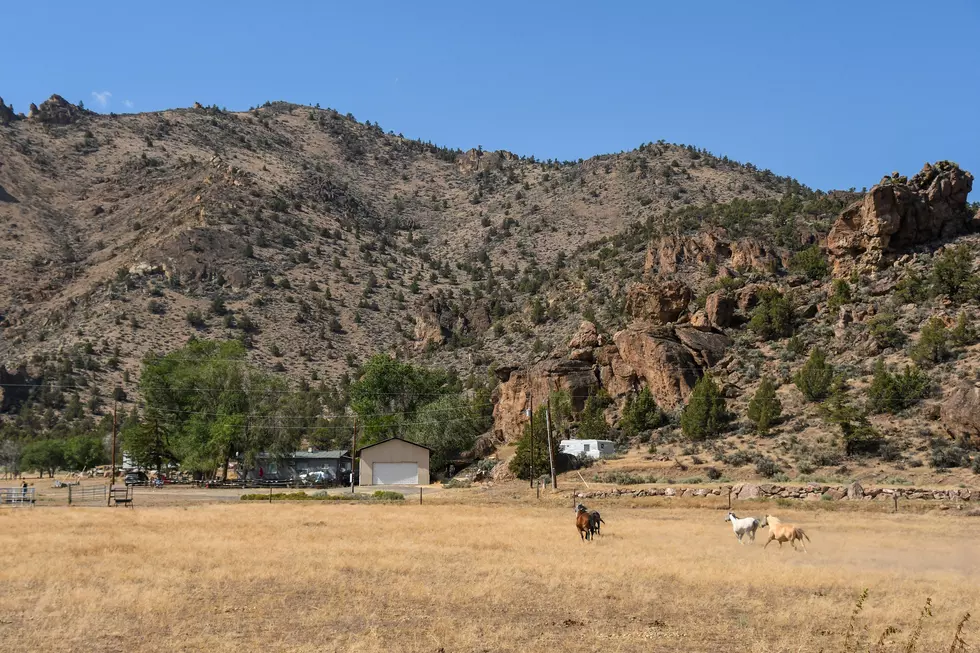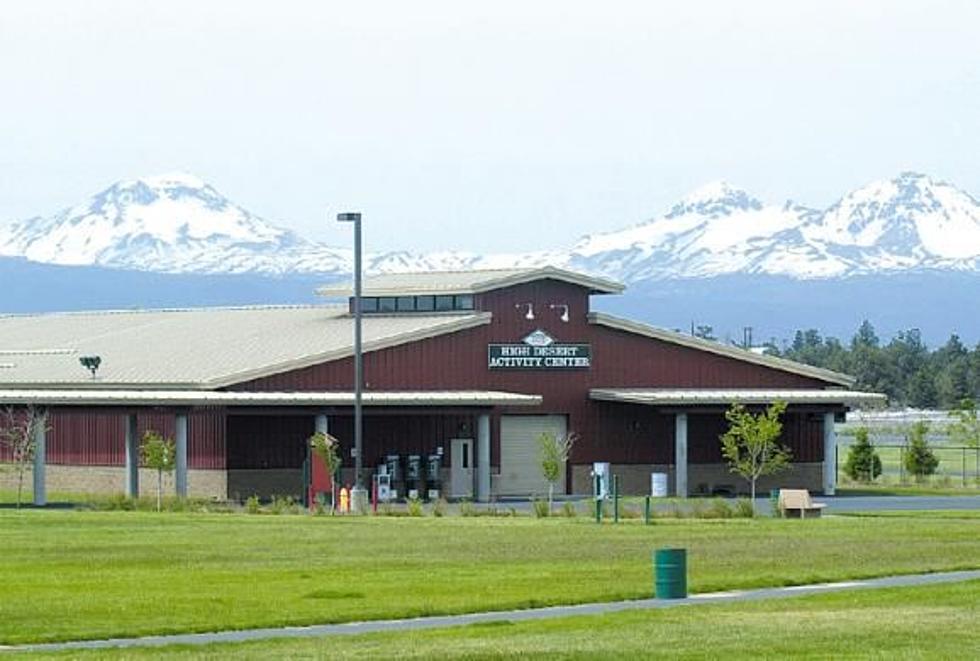
Grant County Health Out With Recommendations To Slow Spread Of Coronavirus
With farmworkers across the region becomes more active in preparation of the growing season, and the ongoing spread of the coronavirus, the Grant County Health District is out with recommendations for farm employers to help slow the spread of COVID-19.
General recommendations include:
1) All employees
and visitors should be screened at the beginning of every shift or when they
come to the farm for COVID-19 symptoms. Everyone should be asked “YES or NO,
since your last day of work, or since your last visit to this facility, have
you had any of the following:”
• A new fever (100.4°F or higher), or a sense of having a fever?
• A new cough that you cannot attribute to another health condition?
• New shortness of breath that you cannot attribute to another health
condition?
• A new sore throat that you cannot attribute to another health condition?
• New muscle aches that you cannot attribute to another health condition, or
that may not have been caused by a specific activity (such as physical
exercise)?
Anyone answering “Yes” should be excluded. Employees with symptoms should not
be allowed to work and visitors should not be allowed to enter the farm.
Employees should be sent home and isolated. People with symptoms should contact
their healthcare provider.
2) Encourage
employees and occupants to remain home if they are sick with cough and/or
fever. Inform them about any sick leave policies.
3) Employees and
visitors should practice social distancing and be kept 6 feet apart as much as
possible, this includes when working outside. Working outside does not remove
all risk of COVID-19 exposure. Social distancing should be done anytime workers
and visitors are together including during meals and breaks.
4) It is
recommended that all employees and visitors always wear nose and mouth coverings
such as a bandana or sewn mask on the farm and when going into public places
such as stores. It is inappropriate to divert any healthcare supplies,
including surgical masks or other Personal Protective Equipment for public use.
It is therefore only recommended that businesses and the public use
nontraditional face covers or cloth masks instead.
5) Avoid touching
your eyes, nose and mouth with unwashed hands. Proper handwashing or sanitation
must be readily available to all employees, volunteers, and visitors. CDC
recommends that people wash their hands often, and if soap and water is not
readily available, use hand sanitizer that contains at least 60% alcohol.
6) Maintain a
record of all visitors. Collect contact information, date, and travel from visitors,
including vendors, inspectors, etc.
7) As much as possible, keep work groups together in daily operations
Farmworker
Housing Recommendations
1) Create a plan
for how you will isolate ill farmworkers from those who are not sick. This may
include reserving a housing unit only for ill farmworkers or coordinating with
hotels for isolation.
2) Clean and
disinfect high touch surfaces frequently and at least daily. Frequently
disinfect things such as doorknobs, tables, handrails, and shared tools.
3) Increase the
distance between people in sleeping spaces, where feasible. Offering individual
rooms for groups or families is ideal, but not always available. In shared
spaces, a “head-to-toe” sleeping arrangement with a minimum of six feet of
distance between beds is recommended.
4) Separate sick
occupants from those without symptoms.
a. When possible isolate sick workers in a housing unit separate from workers
with no symptoms.
b. Facilities with a single room should assign sick occupants to one side and
occupants without symptoms to the opposite side.
5) If you have
occupants or employees exhibiting COVID-19 symptoms, please contact Grant
County Health District for guidance at 509-766-7960.
6) Eliminate all
large group activities. Increase the distance between workers during meals/free
time. Plan activities that do not require close physical contact, stagger
outdoor time.
7) Discourage
visitation. Discourage visitation at your facility and offer alternative
methods of visitation (Skype, FaceTime, etc.), if available.
8) Anytime shared
transportation, such as busses or vans, are used to move employees, groups
should be limited to no more than 10 people. This includes transportation to
fields/orchards and to town for shopping. When possible, send only 1-2 people to
town for shopping with a list for the entire housing unit or take multiple
trips with few people in each trip. Shared vehicles should be sanitized between
groups and at least daily.
9) As much as
possible, keep work groups together in daily operations and housing
assignments.
8) Anytime shared transportation, such as buses or vans, are used to move employees, groups should be limited to no more than 10 people. This includes transportation to fields/orchards and to town for shopping. When possible, send only 1-2 people to town for shopping with a list for the entire housing unit or take multiple trips with few people in each trip. Shared vehicles should be sanitized between groups and at least daily.
If you have a story idea for the Washington Ag Network, call (509) 547-1618, or e-mail gvaagen@cherrycreekradio.com
More From PNW Ag Network









